20.09.2025 | In real life: Women in film documents from the State Film Documentation of the GDR
ARCHIVE | Feministische Gegengeschichten
The “State Film Documentation” (SFD) was a production group under the authority of the State Film Archive of the GDR, which produced around three hundred “film documents” about the people and everyday life in the GDR between 1971 and 1986. ”Film document” meant that the aim was not to create films, but rather recorded footage and personal testimonials that documented life in a socialist society as truthfully as possible. However, the privilege of being able to capture an unvarnished picture of the reality of the GDR came at a high price: what the SFD editors filmed was not intended for public viewing and was produced solely for the archive. “The extraordinary perspective of an imaginary view of oneself from the future”, as Anne Barnert put it in Filme für die Zukunft – Die Staatliche Filmdokumentation am Filmarchiv der DDR (2015).
How fruitful is this legacy for a feminist perspective on archival work today? First comes the frustrating realisation that the vast majority of those portrayed and interviewed are men, and that women were often interviewed as wives, widows or assistants of prominent men. On closer inspection, however, many of the film documents feature women who represent a broad spectrum of possible lives and who reflect very differently on their social position.
Programme
Excerpts (in German OV, about 80′) from:
PROF. DR. HILDE BENJAMIN, GEB. AM 5.2.1902 IN BERNBURG
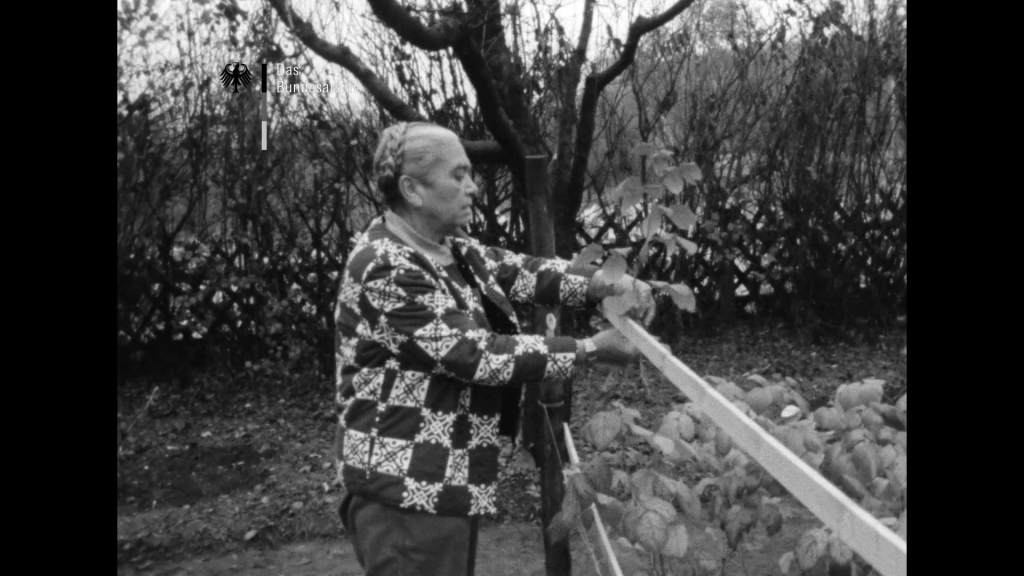
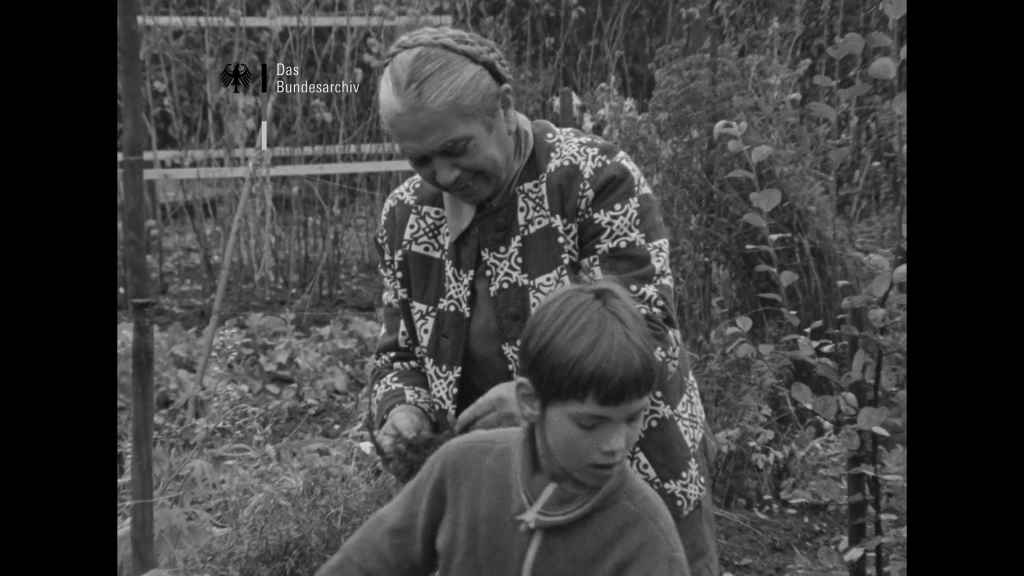
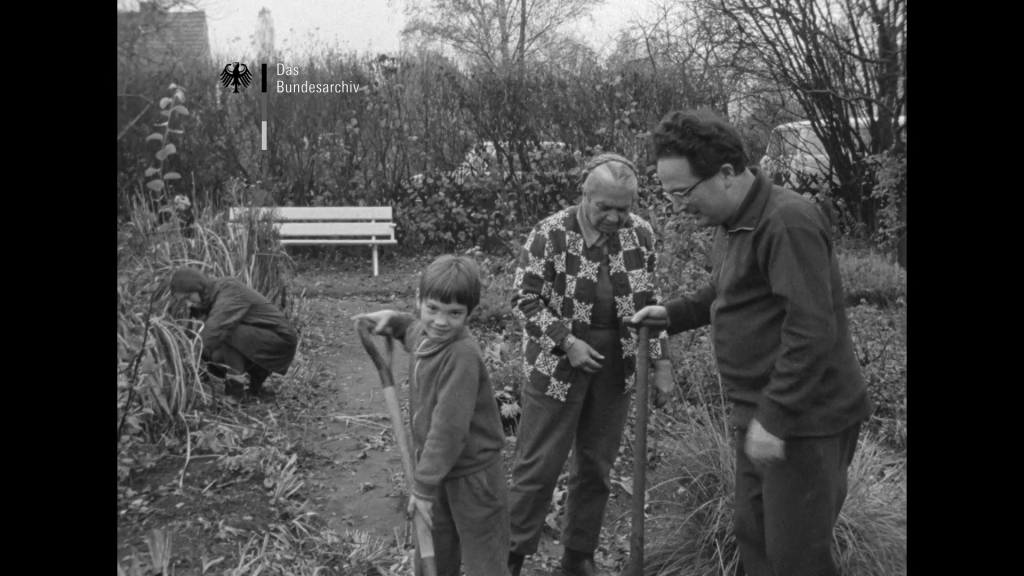
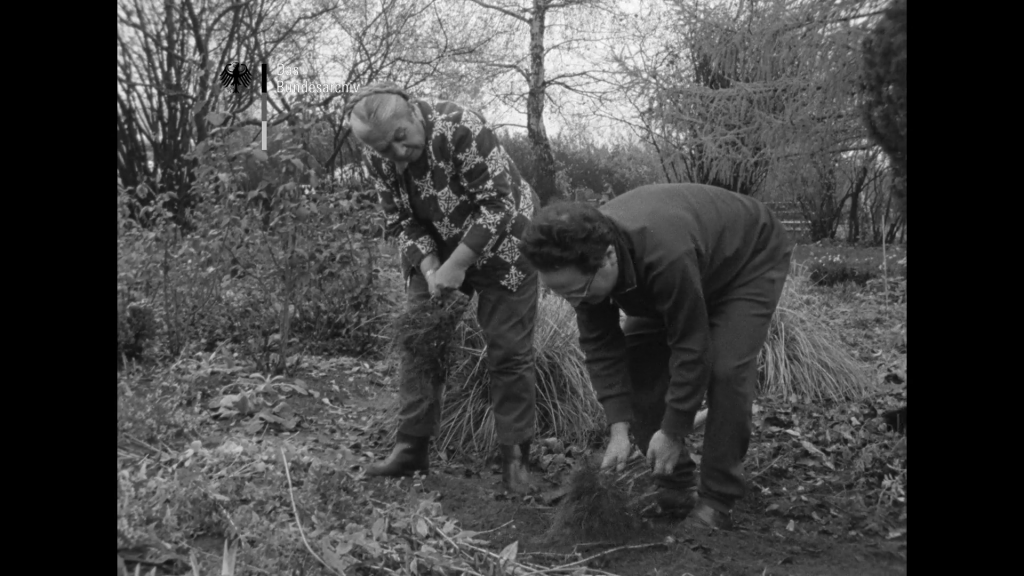
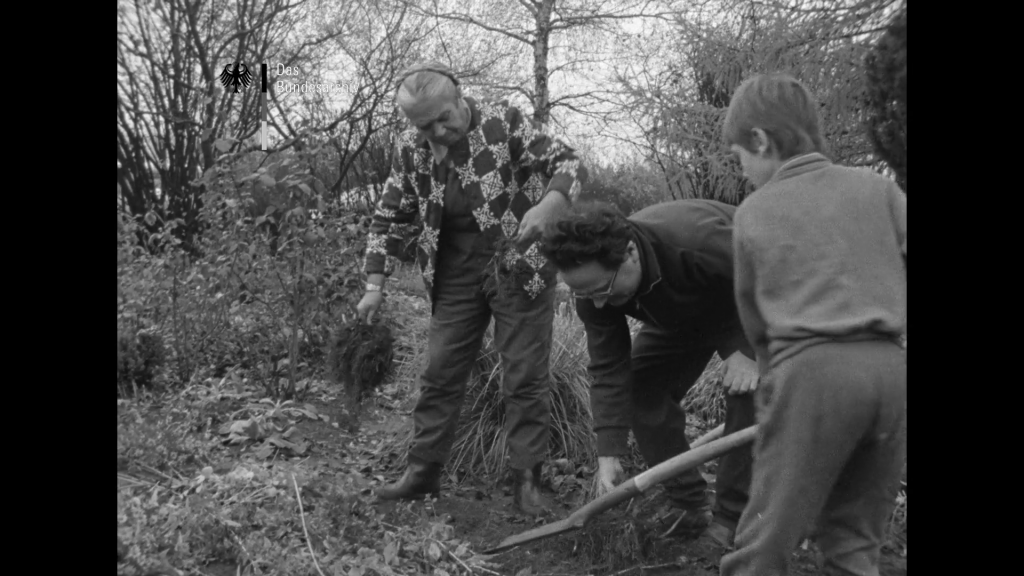
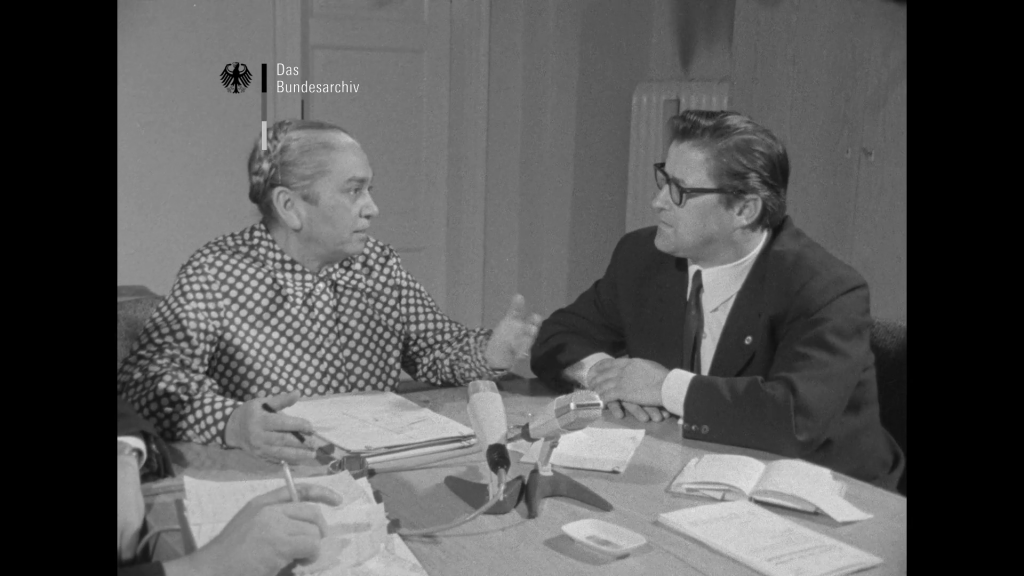
State Film Documentation, Editor: Gerd Barz, GDR 1972-74
The lawyer Hilde Benjamin is considered one of the most powerful women in the history of the GDR. From 1953 to 1967, she was Minister of Justice, making her the first woman in the world to hold such a position. Her life’s work, often described as “full of contradictions”, included draconian verdicts against “enemies of the state” and supporters of the “old” order, as well as a lifelong commitment to women’s equality, which culminated in 1965 in family laws that were perceived as extremely progressive.
HELMUT KRAATZ, PROF. DR. SC. MED. (GEB. 6.8.1902 IN WITTENBERG)
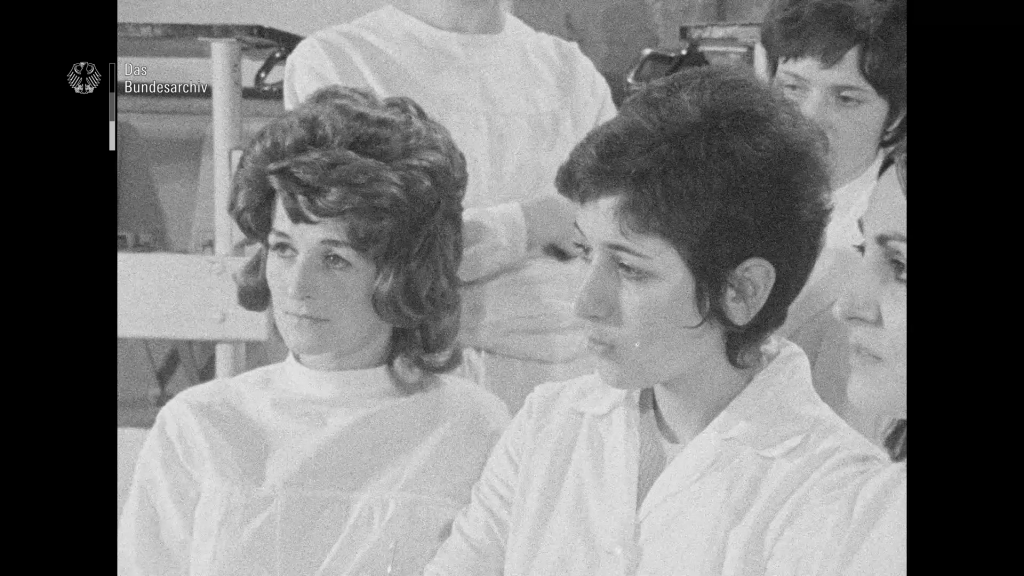
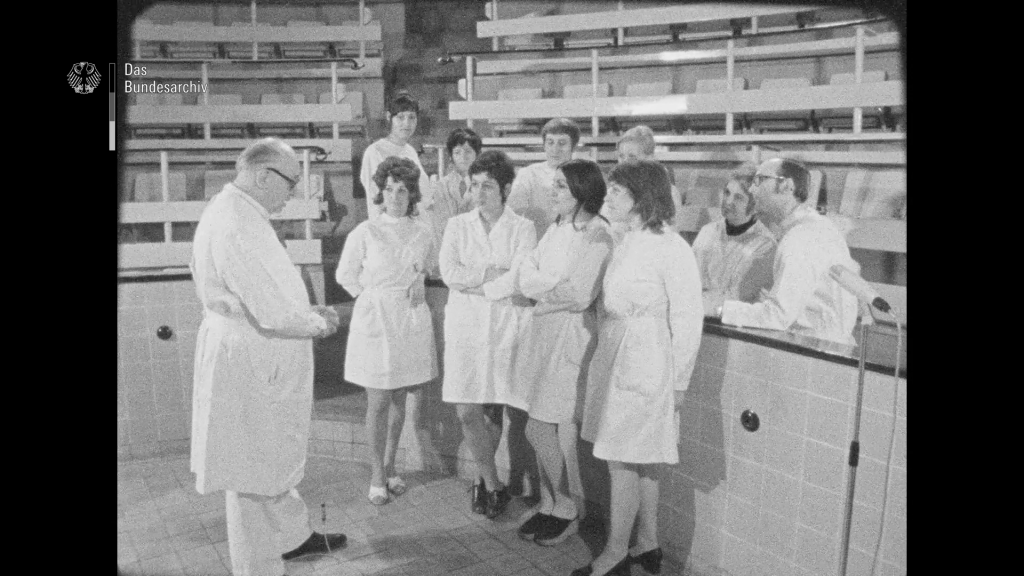
State Film Documentation, Editor: Dieter Harms, GDR 1972
Gynaecologist Helmut Kraatz was the long-time director of the Women’s Clinic at Berlin’s Charité University Hospital and a high-ranking member of various health policy committees. The SFD portrayed him after he had already retired. The central theme here is the very liberal abortion law that had come into force in the GDR in March 1972.
DOKUMENTE ZUR LEBENSWEISE. WOHNUNGSPROBLEME 1982/83 – DOKUMENT I
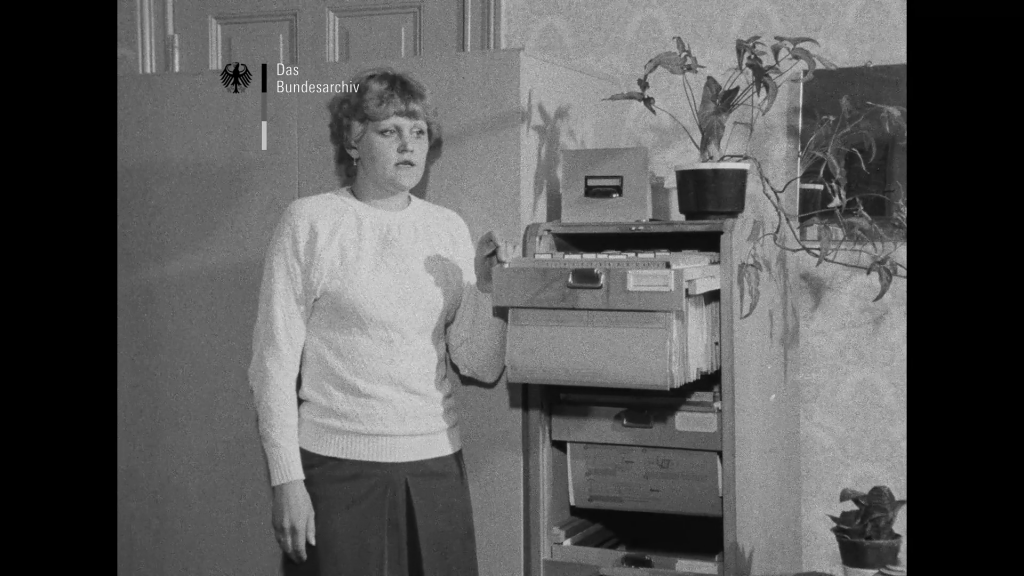
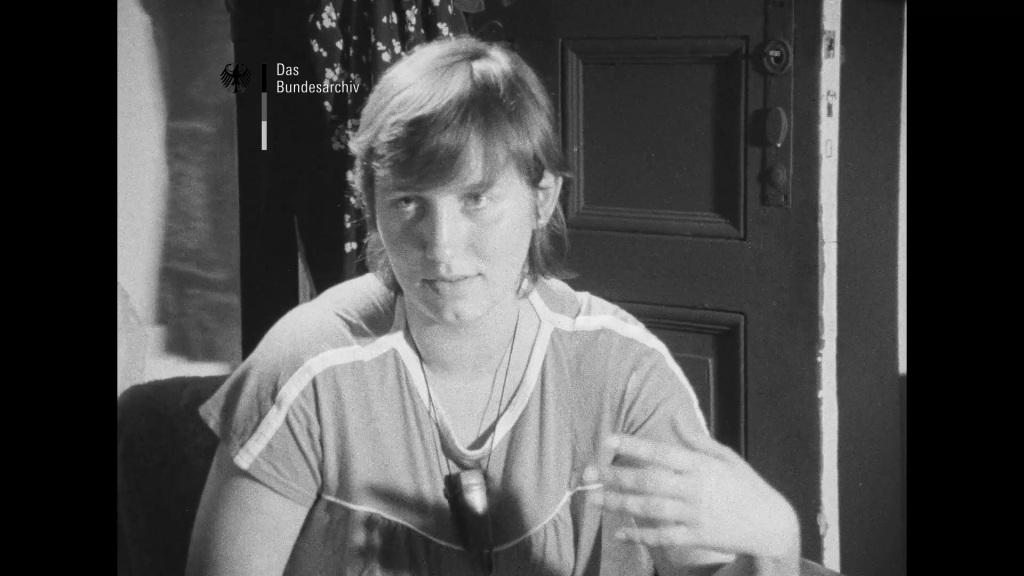
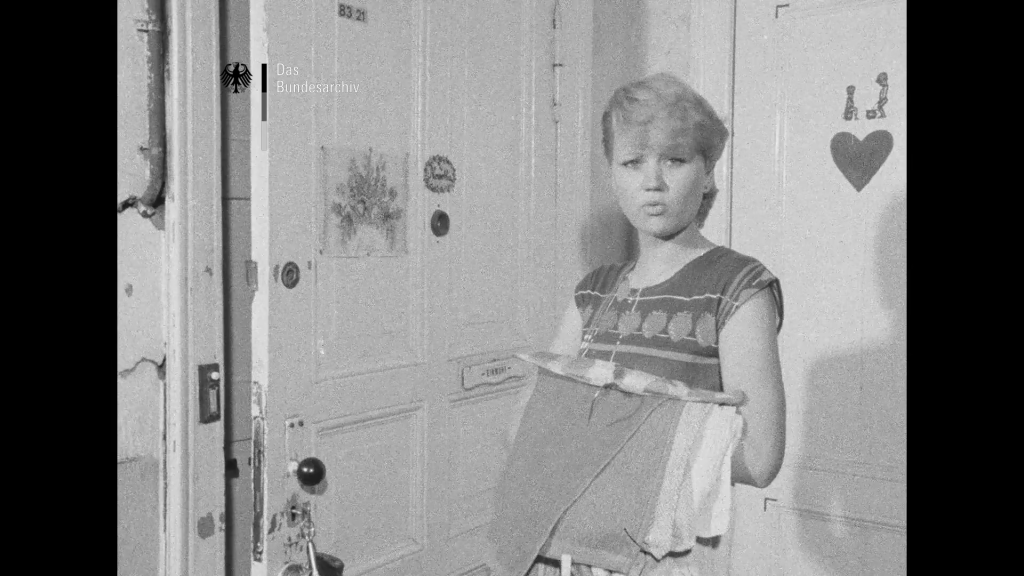
State Film Documentation, Editor: Gerd Barz, GDR 1982-83
The housing shortage in cities was one of the notorious problems of the GDR, though it was rarely acknowledged publicly. The dysfunctionality of the centralised allocation system forced many people to wait for years and resort to a variety of makeshift solutions. The selected document is about two young single mothers who illegally settled into blocked old apartments in Berlin-Prenzlauer Berg.
KLINIKUM BUCH – GESPRÄCHE IN EINER STRAHLENTHERAPEUTISCHEN KLINIK
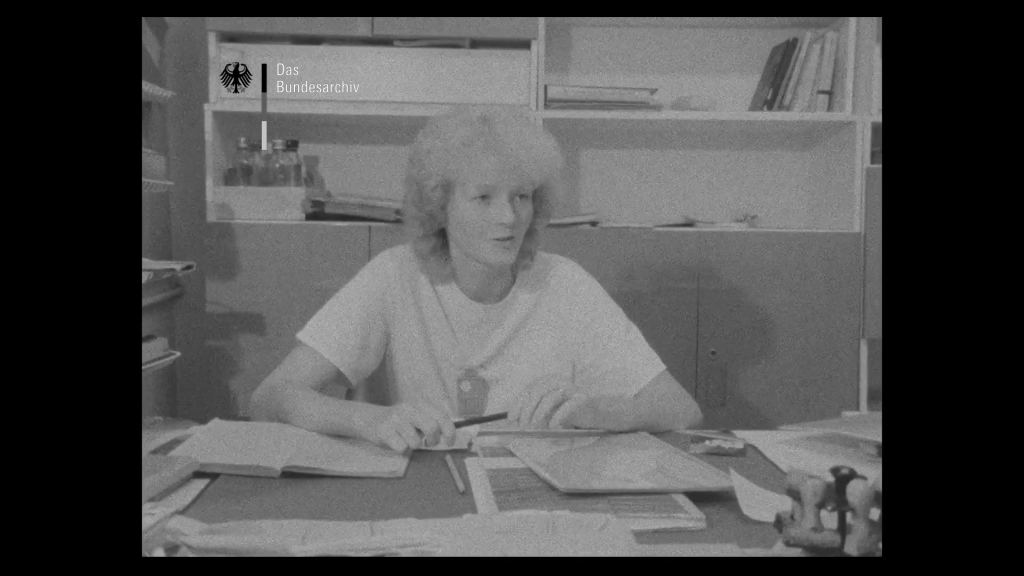
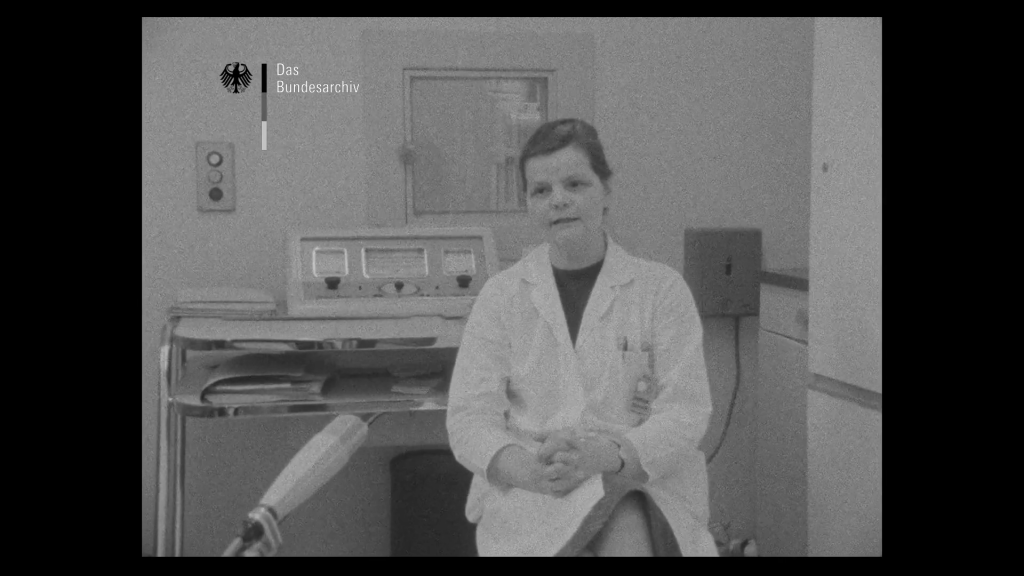
State Film Documentation, Editor: Hans Wintgen GDR 1984-85
In his only work for the SFD, documentary filmmaker Hans Wintgen conducted long and open conversations with the predominantly female staff of the radiotherapy clinic in Berlin-Buch, the GDR’s centre for cancer treatment and palliative medicine. The focus is on dealing with the dying, for which doctors and nurses have so far received insufficient training.
In conversation in between the film excerpts: film scholars Anne Barnert (Jena) and Borjana Gaković (Berlin). Selection and moderation: Tobias Hering (Berlin)
| Sa 20 Sept 2025 | UT Connewitz |
| 8 PM | € 7,50 (6,50 reduced) |





